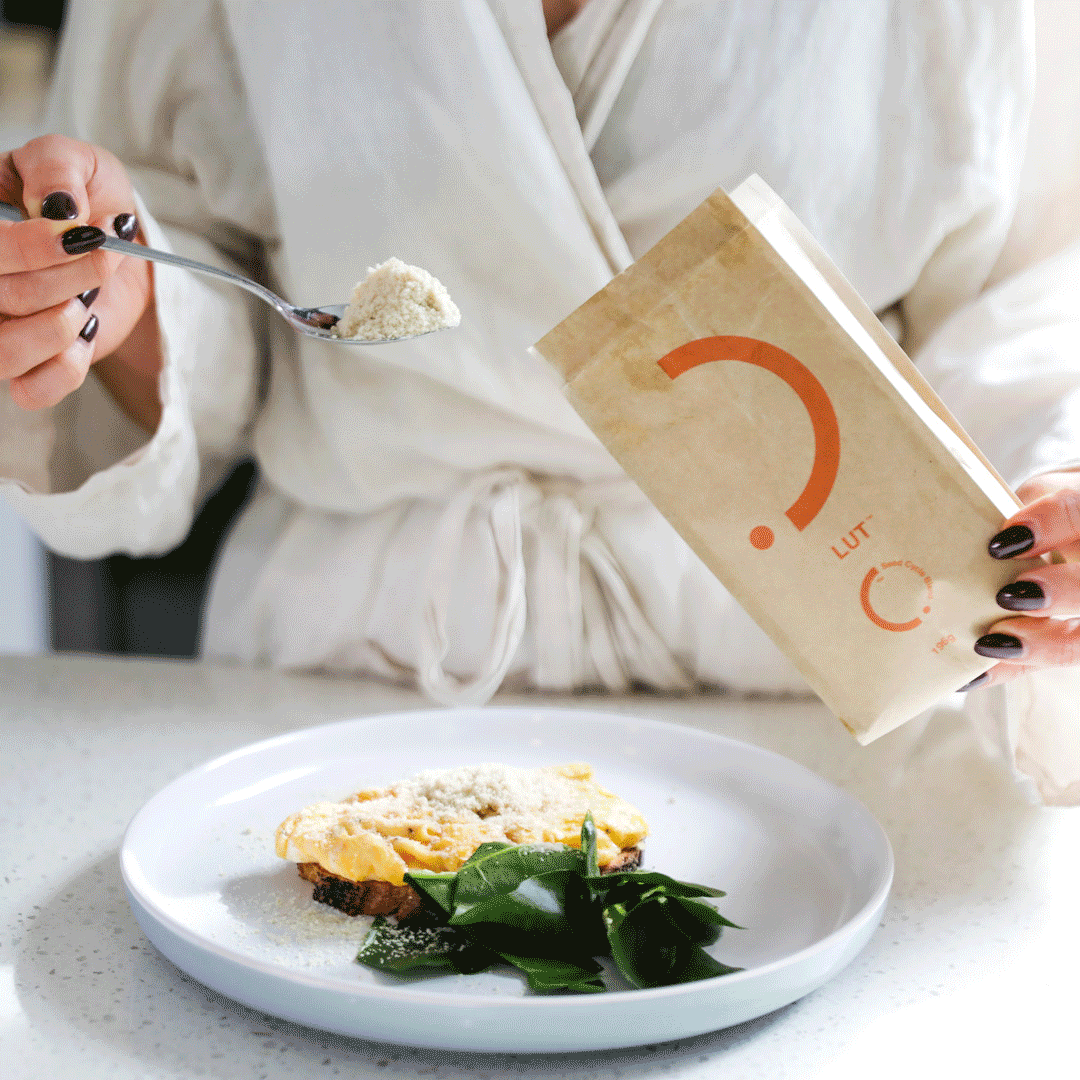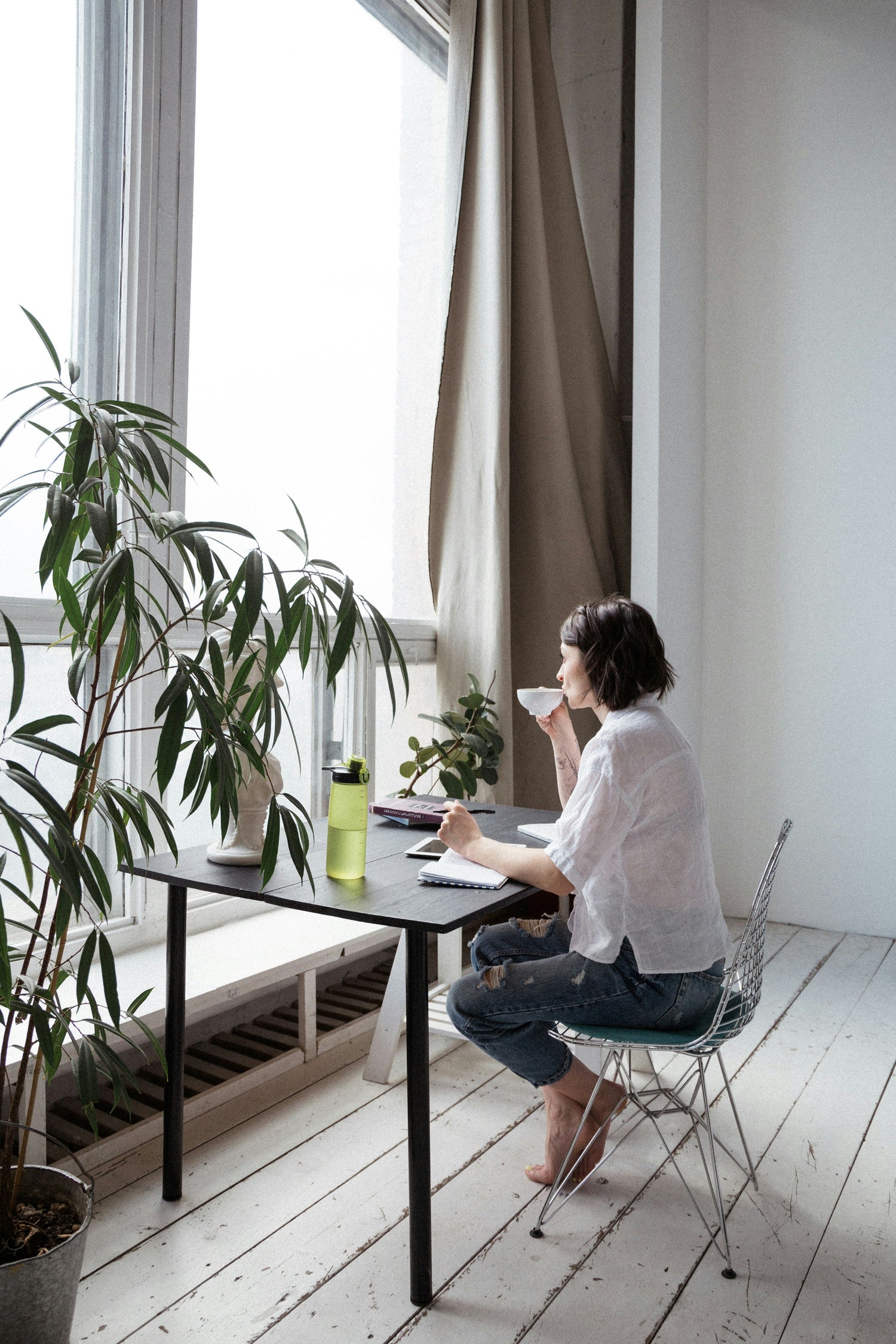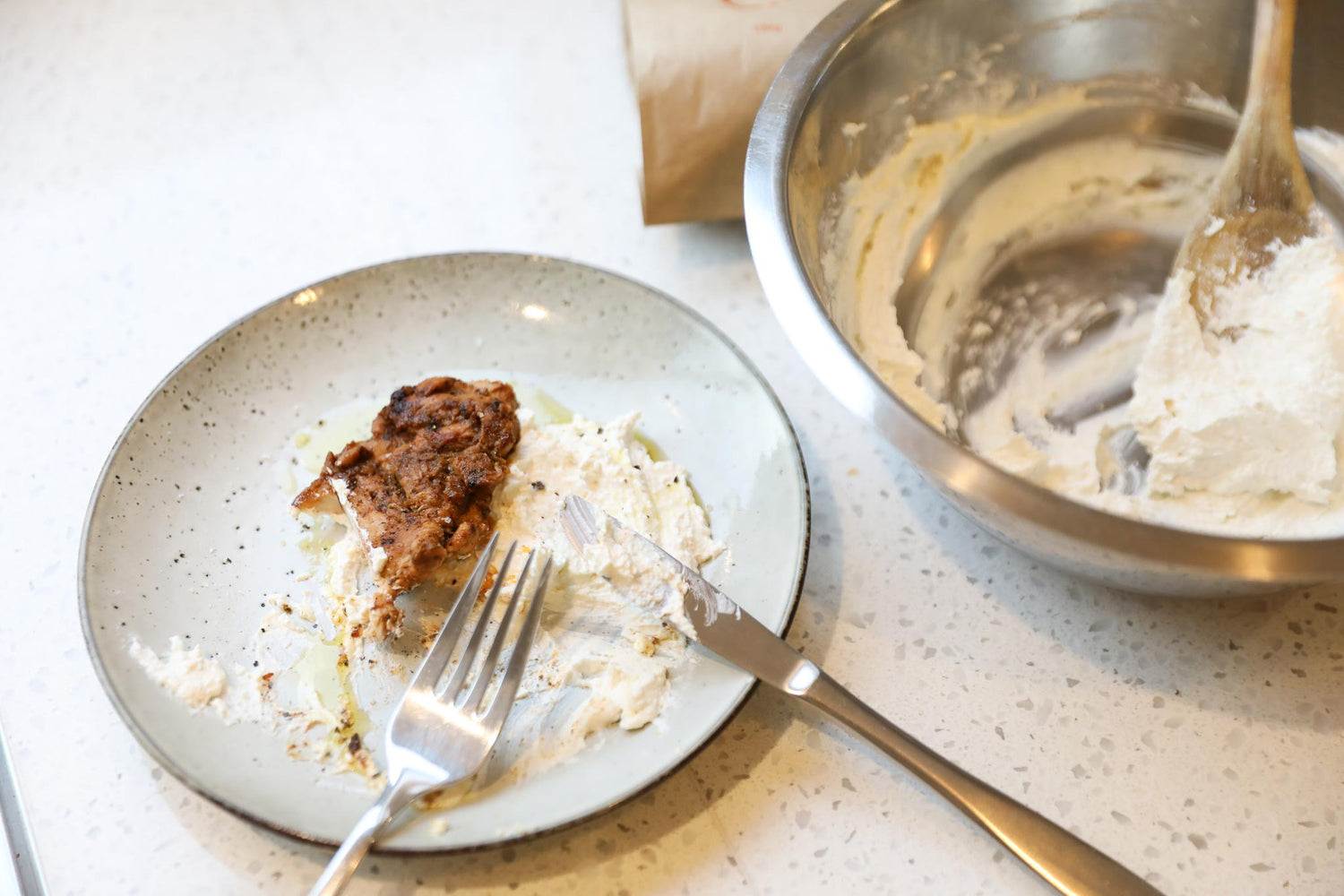Before you buy another supplement...
If you're reading this, chances are you're in pursuit of better health, right? Or not. Maybe you just want to read my delightful (non-chatGPT generated) writing to pass the time. Either way, many of us have been conditioned to believe that the next supplement we take could be the one that changes everything. A flatter stomach, deeper sleep, brighter skin, more energy - and all just one capsule away. But this growing obsession with supplementation may be doing more harm than good.
What is a supplement?
When you hear the word supplement you probably think of a capsule or pill containing key nutrients of some sort. The actual definition is 'a substance taken to remedy the deficiencies in a person's diet.' Fab! This sounds great, what's the problem?
There are three main areas of concern I have - we are diagnosing ourselves without proper data, we are so focused on nutrition that we neglect other crucial factors of health like our relationships, our mental wellbeing and how we spend our time. And we are consuming a number of synthetic substances that our body is having trouble processing.
Let's start with how we are diagnosing ourselves.
When I was about 18 years old I remember taking a palm full of supplements every morning. It included evening primrose oil, magnesium, zinc, vitamin C, B complex and olive leaf. There were other supplements that made a feature every now and again. But that was the main stack. My mum had gone through her own health journey and discovered the power of natural medicine to heal her. And supplements played a huge role in replenishing her nutrient stores. So, this knowledge was passed down to me and my siblings.
The truth is I can't remember if any of these supplements worked for me at that age. I never knew for sure what the root cause of my fatigue was at the time and what supplements actually made a difference because I was taking too many at once.
"But something I never did - that I should have done - is got diagnostic testing such as the Dutch Test. Instead of just guessing what was compromised and throwing some supplements at it."
Supplements are EVERYWHERE now - supermarkets, health food stores, and plastered on our social media feeds. They come in fun packaging with bold promises. They claim to fill the gaps in your diet, detox your body, balance your hormones (Seed Cycle Blend, lol), boost your brain, and more. But before you spend another cent, it’s worth asking: are these pills and powders actually helping - or just selling us a false sense of control?
The fix-It fast trap
Modern wellness culture is built on the idea of optimization. We want fast results and simple solutions to complex issues. Feeling tired? There’s a supplement for that. Struggling with PMS, acne, anxiety? There are stacks of powders and capsules promising relief.
This mindset, however, is part of the problem. It encourages us to outsource our health to products instead of tuning into our bodies or addressing root causes. Real healing takes time, consistency, and a foundation of food, movement, sleep, a healthy social life and stress regulation. But none of that is sexy - or easily marketed.
So, we keep reaching for quick fixes. One supplement leads to another, and suddenly our bathroom cabinets resemble pharmacies. It’s become socially acceptable, even aspirational, to take 5, 10, or even 20 supplements a day like I did at 18. But...
Our bodies were never designed to handle this kind of input. Especially from synthetic substances.
Let’s talk about what’s inside these supplements. Many commercial supplements are packed with ingredients your body doesn’t recognize: synthetic vitamins, artificial colours, preservatives, and stabilizers that help manufacturers extend shelf life or improve appearance. Then there are flow agents, caking agents, and fillers like titanium dioxide, magnesium stearate, and silicon dioxide - none of which offer any nutritional benefit.
These additives may be legal and FDA-approved, but that doesn’t mean they’re good for you. In fact, research suggests that consistent consumption of some of these substances can strain the liver and digestive system over time. Your liver, the body’s main detox organ, already works hard to filter environmental toxins, processed food byproducts, alcohol, and stress hormones. Now it has to process a daily cocktail of man-made ingredients that serve marketing more than health?
The irony is that many of these supplements are taken in the name of 'detoxing' - while they may be quietly contributing to toxic load.
The nutrient overload no one talks about
It’s easy to forget that vitamins and minerals, while essential, can be harmful in excess. Just because something is natural doesn’t mean it’s harmless. Fat-soluble vitamins like A, D, E, and K can accumulate in the body. Some B vitamins, when taken in high doses, can cause nerve damage over time. And high levels of zinc can interfere with copper absorption, just as too much calcium can throw off magnesium levels.
And when you take multiple supplements without professional guidance, you’re not just wasting money - you could be creating imbalances that make you feel worse in the long run.
More isn’t better. Smarter is better.
The real cost of supplement culture. Let’s talk money.
Supplements aren’t cheap. A typical 'wellness stack' can cost hundreds of dollars a month. That’s thousands of dollars a year invested in the hope of better health. Meanwhile, many people skimp on the very basics that offer real, long-term results - quality food, movement, sleep, and community.
Imagine what could happen if that same investment went into whole foods, stress reduction, therapy, or a salsa class with your friends. You might get less glamor and fewer “#wellness” hashtags, but you’d likely get more sustainable health outcomes.
So, are all supplements bad?
Not necessarily. The key is knowing what you’re taking, why you’re taking it, and whether your body can actually use it. That’s where food-based supplements stand apart.
Whole food supplements - those made from real ingredients you can pronounce and recognize - work with your body, not against it. They offer nutrients in forms your body understands, without the chemical burden of synthetic isolates or unnecessary fillers.
This is exactly why Seed Cycle Blend was created. I was sensitive to synthetic supplements, i'd get a rash on my face or feel extremely tired if the dose was too strong. When I was testing the seed cycling protocol I stopped all of my other supplements to see if one protocol could really be enough. Seed cycling offered the full spectrum of nutrients in their whole form - essential fatty acids, fibre, vitamins, minerals and hormone regulating polyphenols. And it worked in the way nature intended. It took 3 months for my cramps to disappear - not overnight. I learned more about my body in the process and I sustained my symptom-free cycle long-term because of it.
It's not about quick fixes or synthetic boosts - it's about rhythm, nourishment, and consistency. The blends are made from nothing but fresh-ground, organic seeds, Seed Cycle Blend supports hormonal balance through the menstrual cycle with real food your body already knows how to process. No additives. No binders. No mystery ingredients.
It’s one of the rare 'supplements' that could sit comfortably in your fridge alongside the butter and milk, not in your medicine cabinet with lab-made capsules.
Final Thoughts
The supplement industry is worth billions, and it’s built on our insecurities, confusion, and desire for fast change. But the most dangerous thing about supplements isn’t necessarily what’s inside the bottle - it’s the belief that something outside of us holds the answer.
Before you buy another supplement, pause. Tune in. Your body may not need more capsules - it may just need a holiday, an early night, and more REAL nourishment.
And if you’re looking to support your body naturally - especially through your cycle—consider starting with food. The kind that comes from the earth, not a lab. Seed Cycle Blend is one small but powerful step in that direction.
Rochelle x






